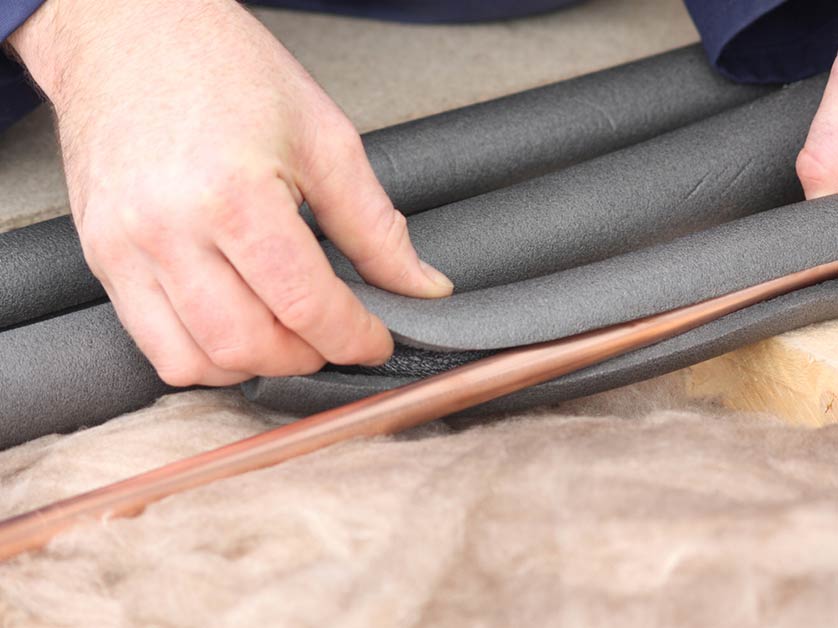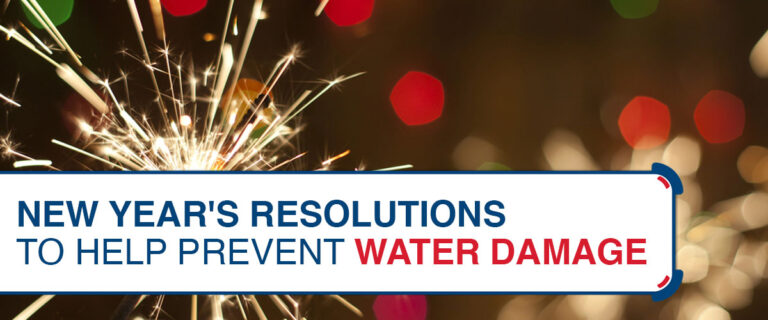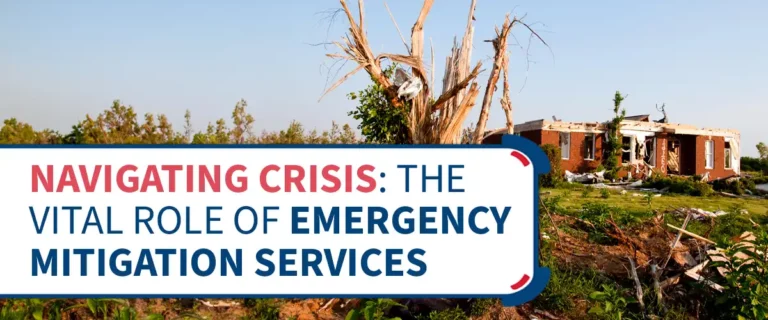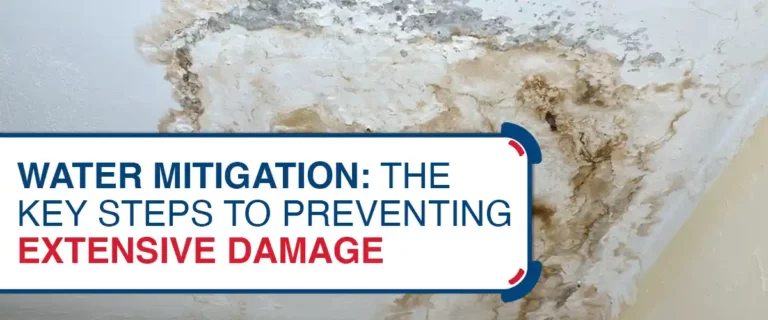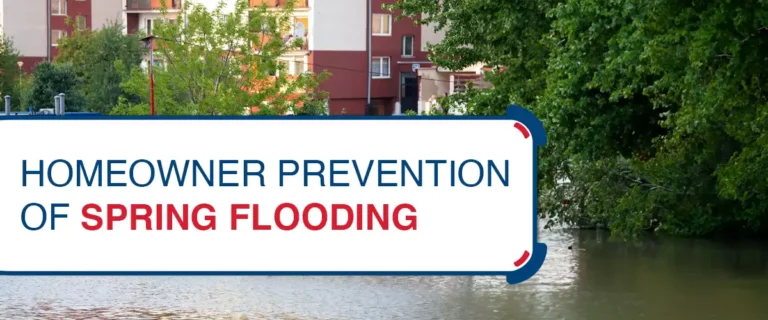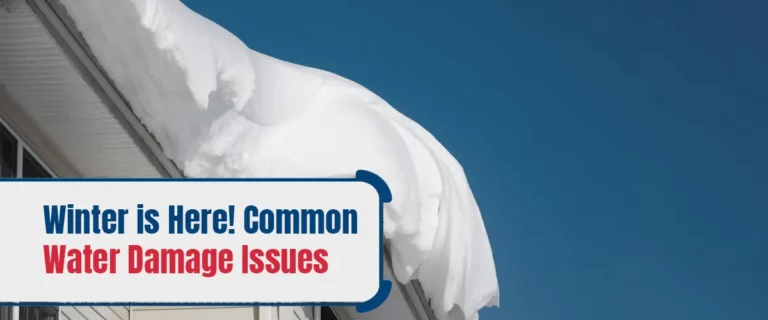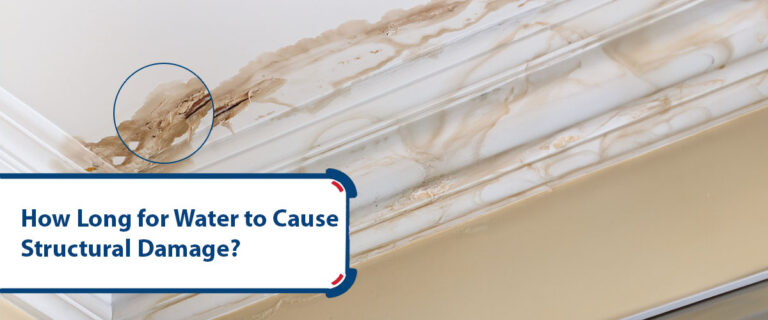As winter approaches, you’re likely preparing for the chilly prospect of frozen pipes, a common yet preventable problem that can lead to costly repairs and water damage. Understanding and implementing key strategies will help protect your home from the havoc freezing temperatures can cause to your plumbing system.

Understanding the Risk Areas in Your Home
Pipes in unheated or poorly insulated areas, like basements, attics, garages, and even kitchen and bathroom cabinets against exterior walls, are most at risk. Pay special attention to these spots before and during the winter months. Insulating vulnerable pipes with foam or fiberglass sleeves from your local home supply store is a straightforward and effective precaution.
Keep Your Home Warm
Even when you’re away, maintaining a warm environment in your home is crucial. Setting the thermostat to at least 55°F prevents interior pipes from freezing. Also, keeping garage doors closed and interior doors open helps warm air circulate throughout your home, protecting pipes in those areas.
Let Faucets Drip
Letting your faucets drip slightly can help prevent pressure buildup and stop pipes from freezing. This is especially important during unusually cold spells when temperatures drop suddenly and stay low for extended periods.
Precautionary Steps Before Traveling
If you’re planning to be away for an extended time during the winter, take extra precautions. Shut off the main water supply and drain the system by opening faucets and flushing toilets. You can also apply plumbing antifreeze to drains and toilets for added protection against freezing.
What To Do If Your Pipes Freeze
If you discover frozen pipes, the first step is to gently thaw them using a hair dryer or portable heater—never use an open flame. If you’re unable to locate or access the frozen pipe, or if thawing doesn’t work, contact a licensed plumber for assistance.
Inspect and Repair Vulnerable Pipes
Before cold weather sets in, inspect your home for pipes prone to freezing and consider having a professional relocate or better insulate them. Adding insulation to your attic, basement, and crawl spaces not only protects pipes but also improves your home’s overall energy efficiency.
Emergency Preparedness
Be prepared to respond quickly to frozen or burst pipes. Know where your main water shut-off valve is located and how to turn it off. If you experience water damage, call a water restoration professional immediately to prevent further damage and mold growth.
At Emergency Mitigation Services, LLC, we understand the serious risks frozen pipes can pose to your home during the winter months. If you’re concerned about preventing water damage or need assistance with thawing frozen pipes, our expert team is here to provide prompt, professional solutions.
Don’t wait for a problem to escalate—take proactive steps now to protect your home. Fill out our contact form or call us at (913) 773-6777 to schedule an inspection or emergency service.

 24/7 Emergency Service
24/7 Emergency Service Request Service
Request Service
